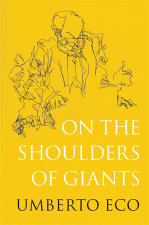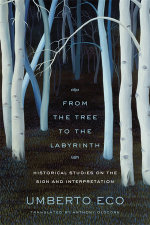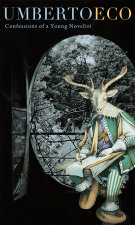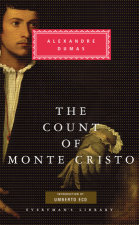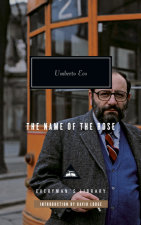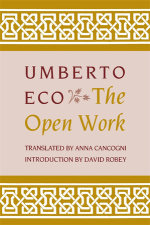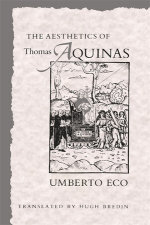Aesthetics of Thomas Aquinas

The well-known Italian semiotician and novelist Umberto Eco discloses for the first time to English-speaking readers the unsuspected richness, breadth, complexity, and originality of the aesthetic theories advanced by the influential medieval thinker Thomas Aquinas, heretofore known principally as a scholastic theologian. Inheriting his basic ideas and conceptions of art and beauty from the classical world, Aquinas transformed or modified these ideas in the light of Christian theology and of developments in metaphysics and optics during the thirteenth century.
Setting the stage with an account of the vivid aesthetic and artistic sensibility that flourished in medieval times, Eco examines Aquinas's conception of transcendental beauty, his theory of aesthetic perception or visio, and his account of the three conditions of beauty--integrity, proportion,…
$52.00
October 25, 1988
Umberto Eco is a professor of semiotics at the University of Bologna. His other books include Foucault's Pendulum, The Island of the Day Before, and three collections of popular essays, Travels in Hyperreality, Misreadings, and How to Travel with a Salmon and Other Essays. He lives in Milan.
*****************
Umberto Eco, ensayista italiano de renombre internacional y profesor en la universidad de Bolonia, hizo su entrada triunfal en el mundo de la ficción hace más de treinta años con El nombre de la rosa, una novela que lo convirtió en un autor admirado tanto por la crítica como por el gran público. A este primer éxito siguieron El péndulo de Foucault, La isla del día de antes, Baudolino y La misteriosa llama de la reina…


